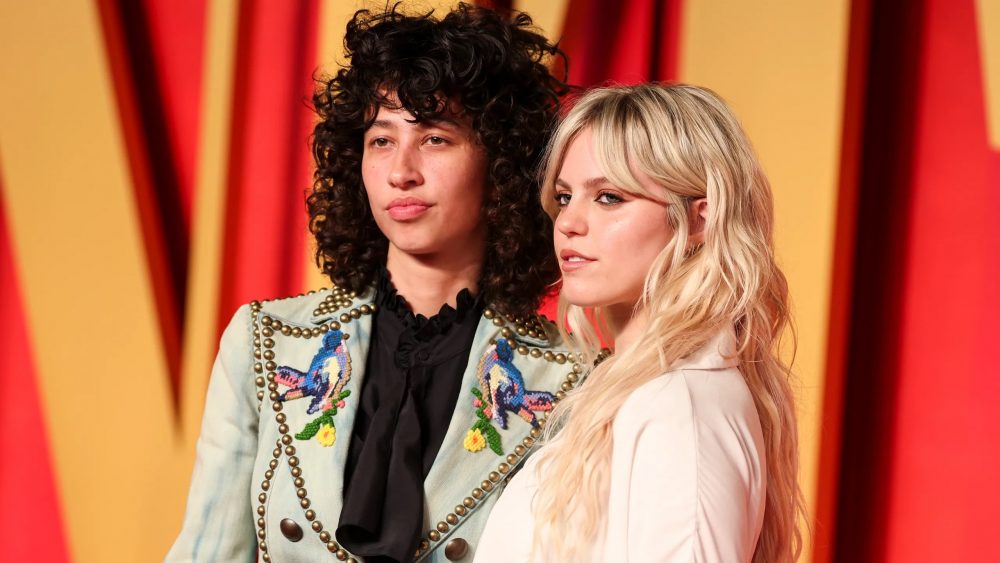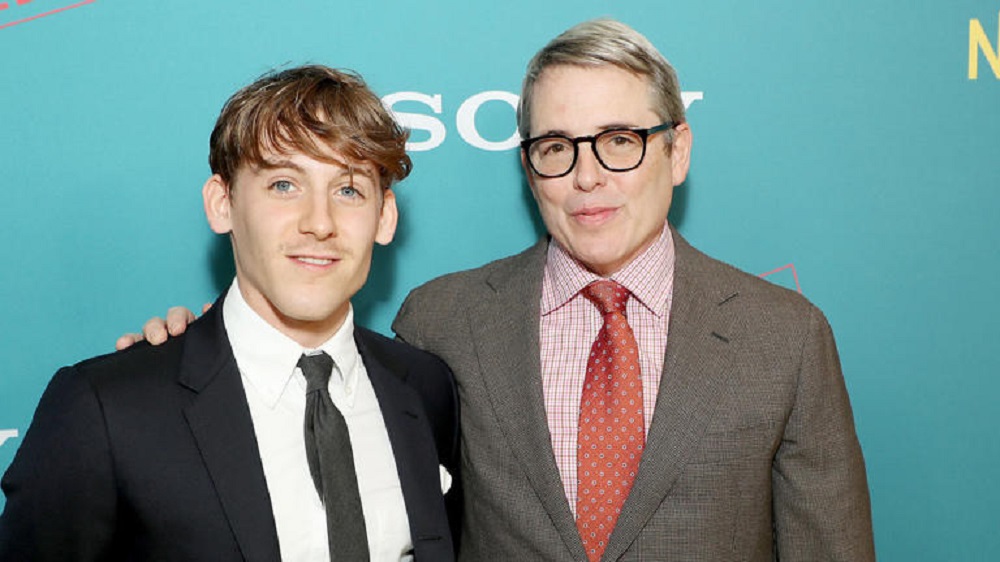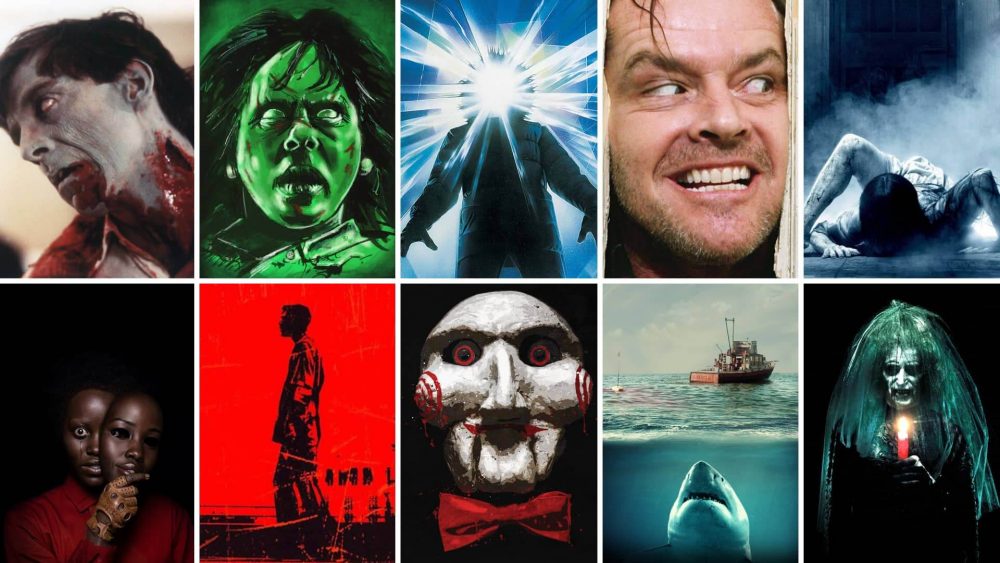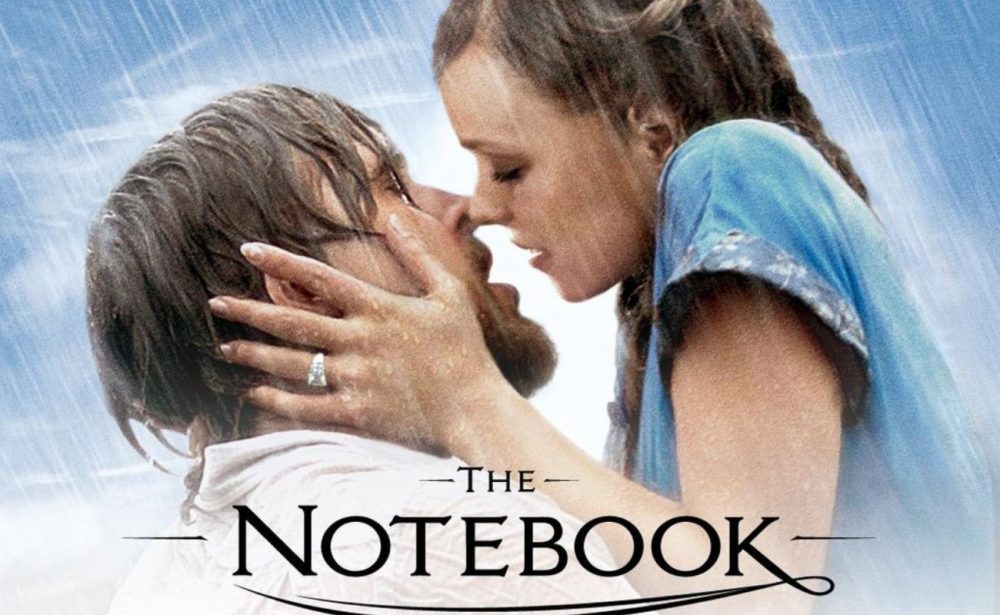The Marvel Cinematic Universe (MCU), known for its blockbuster hits like The Avengers and Endgame, is facing a tough time after a decade of success. Last year's movies, especially Ant-Man and the Wasp: Quantumania didn't do well, making things uncertain. Despite what die-hard fans say, there are some serious challenges ahead for the MCU. In 2022, Marvel is going through a rough patch, and we need to understand why. Let's take a closer look at the issues and what they could mean for the future of Marvel. The Unraveling of Phase 4: A Disastrous Turn of Events The beginning of 2021 hinted at the MCU's continued success, with fans eagerly anticipating what Phase 4 had in store. However, the reality was starkly different. TV shows on Disney Plus, meant to...
next aeticle
The Marvel Cinematic Universe (MCU), known for its blockbuster hits like The Avengers and Endgame, is facing a tough time after a decade of success. Last year's movies, especially Ant-Man and the Wasp: Quantumania didn't do well, making things uncertain. Despite what die-hard fans say, there are some serious challenges ahead for the MCU. In 2022, Marvel is going through a rough patch, and we need to understand why. Let's take a closer look at the issues and what they could mean for the future of Marvel.
The Unraveling of Phase 4: A Disastrous Turn of Events
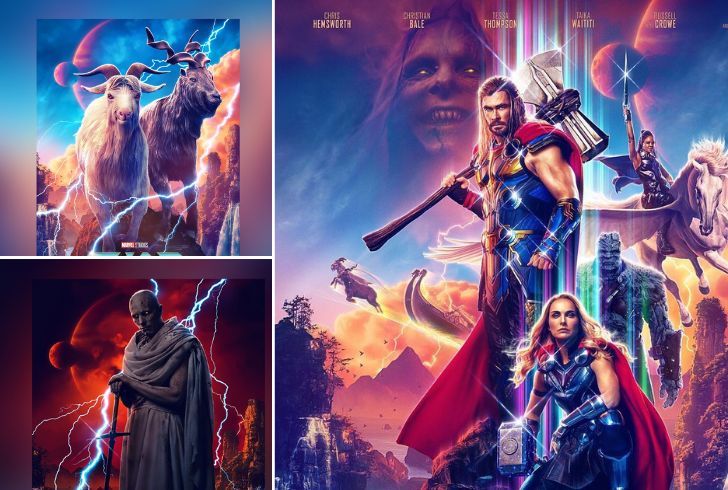
Instagram | Thor Love and Thunder movie poster with vibrant visuals.
The beginning of 2021 hinted at the MCU's continued success, with fans eagerly anticipating what Phase 4 had in store. However, the reality was starkly different. TV shows on Disney Plus, meant to kick off Phase 4, received a lukewarm response, revealing a growing disinterest among audiences. The cinematic side of Phase 4 faced its challenges, with Black Widow, Shang-Chi, and Eternals struggling at the box office and facing harsh criticism.
Box Office Nightmares: Black Widow barely reached $390 million, Shang-Chi scraped over $400 million, and Eternals, despite crossing the $400 million mark, faced a domestic box office disaster. These figures, coupled with poor critical reception, raised eyebrows.
Changing Dynamics: The assumption that post-2020 streaming habits and pandemic concerns were solely responsible for the MCU's woes fell flat. Spider-Man: No Way Home's success, making almost $2 billion without a China release, proved that people would return to theaters for a compelling film.
Identifying the Root Causes: Lessons from the Past
To understand the current struggles of the MCU, it's crucial to rewind its origins and recognize what made it a global phenomenon.
A Plan and Purpose: The success of the MCU was built on a clear plan from the start. Ironman, Captain America, Hulk, and Thor laid the foundation for the Avengers, showcasing the importance of having a long-term vision.
Perfect Casting: The MCU benefited immensely from well-chosen actors who breathed life into iconic characters. Robert Downey Jr.'s portrayal of Tony Stark became synonymous with the franchise's success.
Balanced Focus on Heroes and Villains: While heroes took the spotlight, the MCU did not neglect its villains. Characters like Loki and Thanos were carefully developed, contributing to the overall narrative.
The Downfall of Phase 4: A Disconnect with Audiences
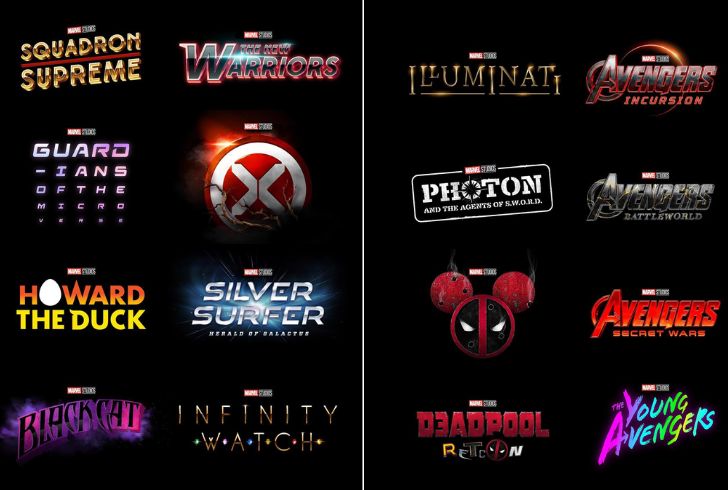
Instagram | Marvel Cinematic Universe logo against a cosmic backdrop.
In Phase 4, the Marvel Cinematic Universe (MCU) kind of lost its way with what fans used to love. People didn't feel the same excitement for characters like Doctor Strange, Thor, and She-Hulk. It was like a shift from the usual successful recipe.
They tried bringing in the multiverse idea in Phase 4, but it ended up confusing everyone. The story didn't flow smoothly, and it felt like things were all over the place. This made the MCU lose some of its unique appeal.
When they introduced new characters, it didn't quite capture the magic of the old MCU heroes. It felt like these characters were there just to show diversity without having interesting stories. This made fans feel a bit disconnected from the new additions.
The Sinking Ship: Navigating the Future
As the MCU faces unprecedented challenges, Marvel is scrambling to find solutions. The absence of Ironman, Captain America, and other beloved characters has left a void that new additions struggle to fill.
Loss of Novelty: The novelty of superheroes joining forces on screen has worn off, and the MCU's expansive universe now feels cluttered. Phase 4's lack of direction and coherence has contributed to the decline.
Casting Missteps: Disney's choice of mid-level actors and the questionable casting of certain characters have not resonated with audiences. The lack of charismatic leads like Robert Downey Jr. has further weakened the MCU's appeal.
Fan Blame Game: Marvel's response to fan dissatisfaction with Phase 4 has been to blame the audience, dismissing legitimate concerns. This approach risks alienating the fanbase that propelled the MCU to unprecedented heights.
Charting a Course for Redemption
The Marvel Cinematic Universe (MCU) used to be super successful, but now it's facing some challenges. There's talk about Hugh Jackman coming back as Wolverine and the X-Men and Fantastic Four being introduced later. This might mean Marvel knows they need to make some changes.
Instagram | Endgame movie poster featuring iconic Marvel superheroes.
Looking to the Future: Marvel is working on plans for the next ten years of the MCU. It seems like they want to do better by learning from their past mistakes. If they come up with a good plan and tell stories that make sense, the MCU could become exciting again.
Adding Diversity with Meaning: Having different kinds of people in the MCU is important. But Marvel needs to do more than just show diverse characters. They should tell interesting stories about them. Balancing diversity and good storytelling is the key to success.
The Marvel Cinematic Universe stands at a critical juncture. While challenges abound, the potential for revival exists if Marvel heeds the lessons of its past success and listens to its audience. The MCU may be navigating troubled waters, but with careful planning and a renewed focus on storytelling, it has the potential to reclaim its status as a cinematic juggernaut.





